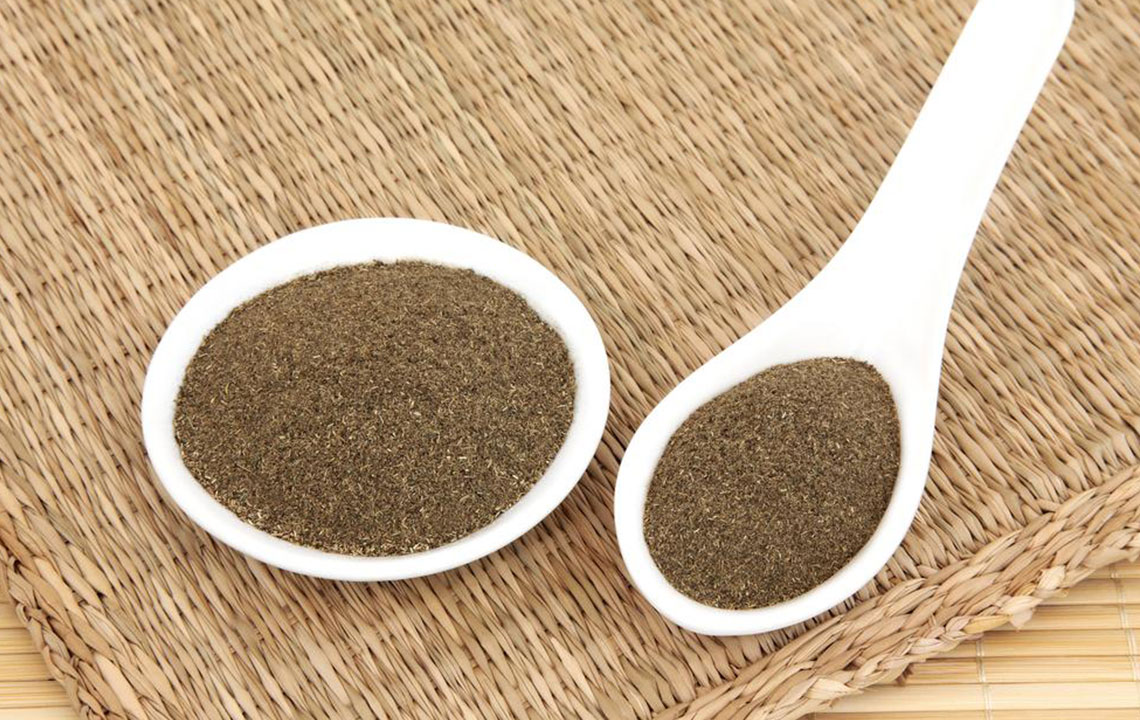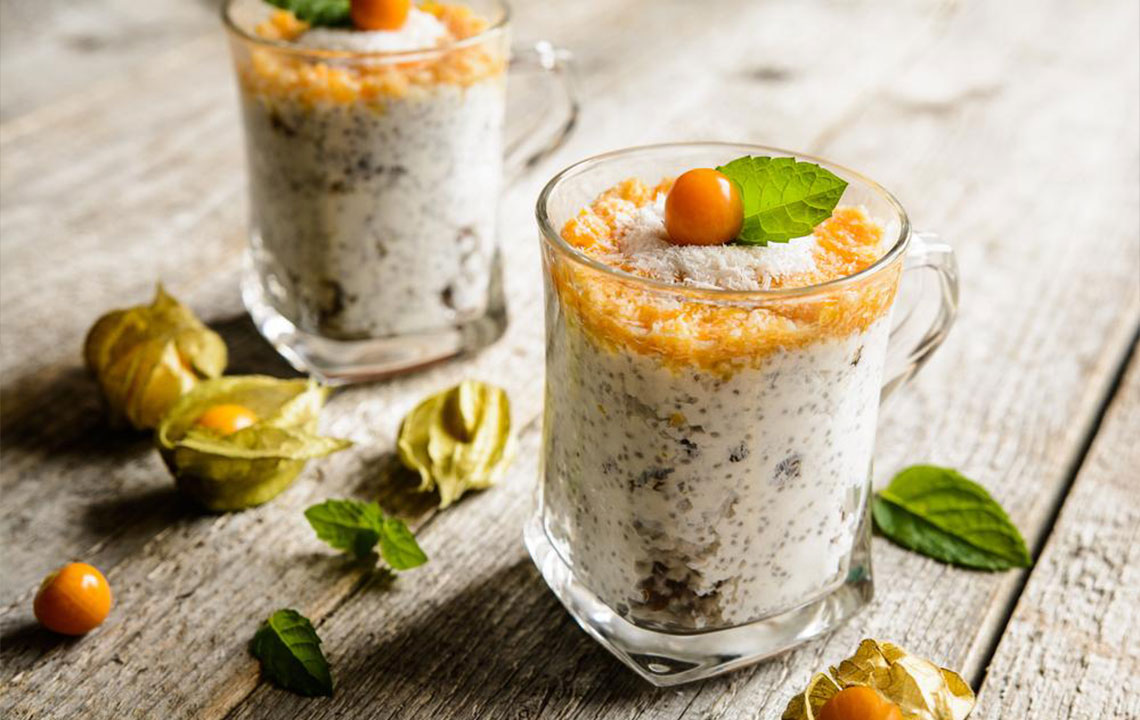Smart Ways to Alleviate Excess Gas and Abdominal Bloating
Discover effective methods to reduce gas and bloating, including dietary adjustments, lifestyle tips, and probiotic support. Learn how to identify foods that cause excessive gas and adopt simple habits to improve digestive comfort and overall health.

Smart Ways to Alleviate Excess Gas and Abdominal Bloating
Frequent episodes of belching, farting, or feeling swollen can be both awkward and uncomfortable. Though common, ongoing gas and bloating may interfere with daily activities. Recognizing their causes and adjusting your diet can help ease these symptoms effectively.
While some intestinal gas is normal, issues occur when gas accumulates excessively or persistently. Simple changes in lifestyle and eating habits can make a significant difference in relief.
Gas is mainly produced during digestion and as a result of swallowing air. Most swallowed air escapes through burping, while the remaining may be absorbed or passed via stool. Gut bacteria also break down certain foods, generating gas, especially if problematic foods are consumed.
To minimize gas buildup, avoid behaviors and foods that contribute to trapped air. Excessive air swallowing, eating too quickly, gum chewing, or smoking can increase bloating. Adjusting food choices is equally important.
Reduce Air Swallowing
Eat slowly, steer clear of gum, and stop smoking to decrease air intake, reducing bloating and gas formation.
Spot and Steer Clear of Gassy Foods
Foods that ferment in the gut cause excess gas. Common culprits include:
Dairy: Many are lactose intolerant. Swapping dairy with plant-based drinks like soy or almond milk can alleviate symptoms.
Legumes: Beans contain raffinose, a sugar that produces gas. Soaking beans overnight before cooking can cut down on gas.
Whole Grains: Wheat and oats contain raffinose, and their starches also produce gas. Choosing rice, which is gentler on digestion, can help.
Veggies: Vegetables such as cabbage, broccoli, onions, and Brussels sprouts often cause bloating. Limiting these can be beneficial.
Fruits: Apples, pears, apricots, and stone fruits contain sorbitol, a sugar alcohol that promotes gas. Smaller portions of bananas, berries, and melons are usually easier on digestion.
Carbonated Drinks: Sodas and fizzy drinks introduce extra air, leading to belching and bloating. Replacing them with herbal teas or plain water is advisable.
Processed and Artificially Sweetened Foods: Snacks, diet products, and items with sorbitol or fructose can worsen gas issues.
Additional Relief Tips
Adding probiotics to your diet may improve gut health and reduce gas. These beneficial bacteria are available in fermented foods such as yogurt and in supplements, helping balance intestinal flora and diminish fermentation-related gas.
While occasional gas and bloating are normal, implementing these dietary and lifestyle changes can greatly reduce discomfort and promote better digestion.


